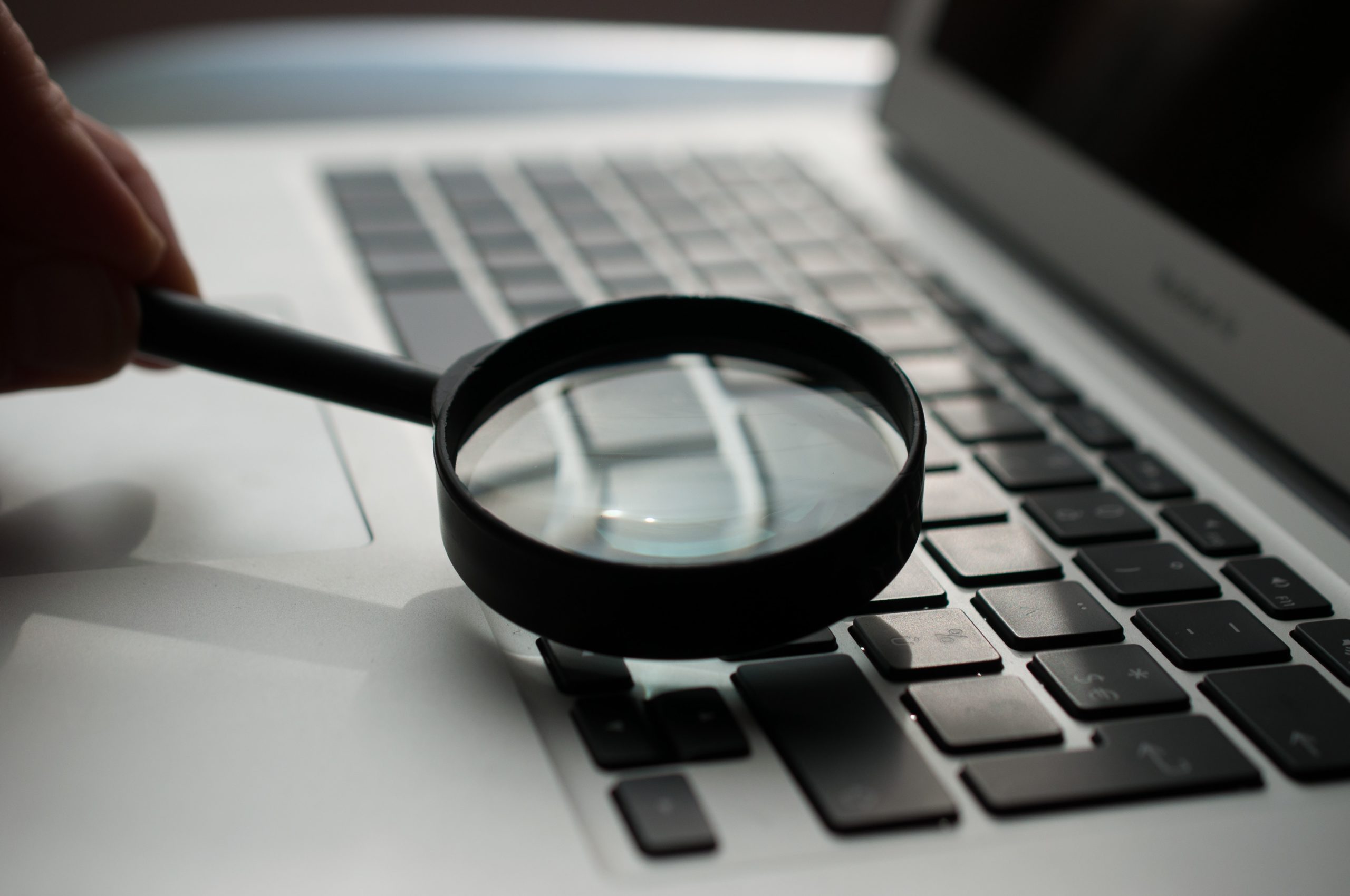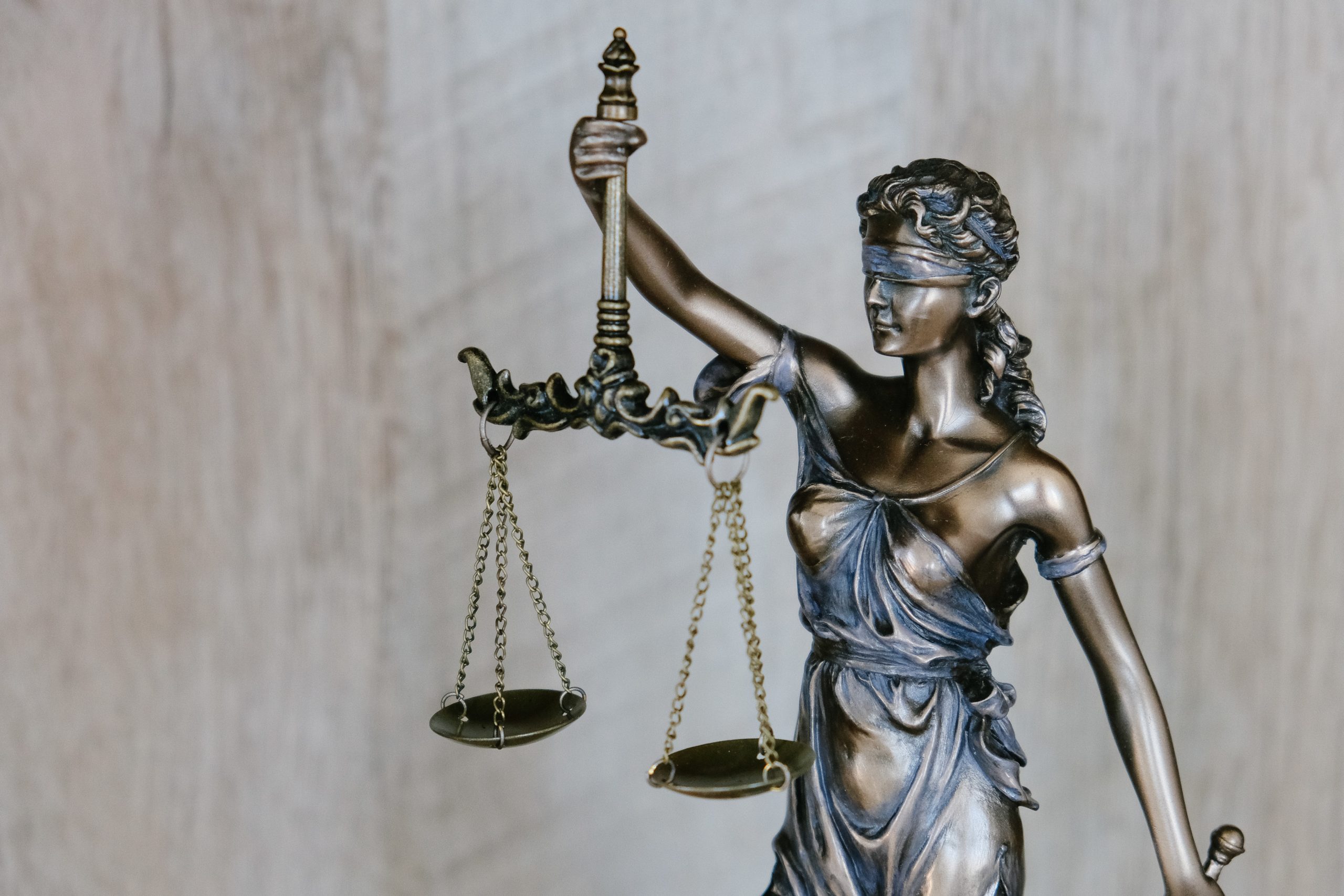Each year, billions of dollars go unclaimed. This money could be yours- but you can't always search for it on your own. There are thousands of detached, unsearchable databases for unclaimed property, and even if you were able to search them all, inaccuracies in the data and assets listed under someone else's name would still make it difficult to identify all the assets you may be able to claim.
April 19, 2022
~4 min read
What is unclaimed money?
Unclaimed money is money that is due to an individual but has not been collected for a variety of reasons. This could be, for example, money that was left in an old bank account that the owner forgot about, or unclaimed life insurance benefits that the beneficiary never received. Unclaimed money is one type of unclaimed property, which is sometimes referred to as unclaimed assets.
How much unclaimed money is there?
It’s estimated that there is more than $58 billion in unclaimed money and assets in the United States. This includes both federal and state-level unclaimed money. That means that for every person in the United States, there is an average of $186 in unclaimed money. However, because there are also databases of unclaimed property held by other entities, such as cities and counties across America, the true amount of unclaimed money is likely much higher.
What causes unclaimed money?
There are a variety of reasons why people might have unclaimed money. The most common reason is that people simply forget they’re owed the money in the first place. Other reasons include:
- Incorrect or outdated contact information. If you’ve moved or changed your name, you have lost touch with organizations that might owe you money.
- Not receiving a check because it was sent to the wrong address. This is a common problem for people who move frequently or have multiple residences.
- Lack of knowledge about entitlement. If you are entitled to unclaimed money but don’t know it, you’re not going to go looking for it.
- Assets being held in an estate or trust. If someone dies and leaves behind unclaimed money, that money may be listed in the name of the deceased, or in the name of their estate or trust, instead of being listed in the name of heirs who are entitled to claim it. In some cases, those who are entitled to claim these unclaimed estates may not even know the relative it previously belonged to!
How is unclaimed money claimed?
The process of claiming unclaimed property varies from state to state. Typically, you can claim unclaimed money by visiting your state’s website and filling out a form. You will need to provide some basic information such as your name, Social Security number, and address. Some states also require you to provide proof of identification such as a driver’s license or passport. There are additional legal processes involved if the money is in a trust or estate, or if you’re an heir of the named owner instead of the named owner.
However, millions of dollars in assets go unclaimed every year because people can’t find them using the standard search methods. In most cases, unclaimed money goes uncollected because the owner doesn’t even know it exists.
Why some unclaimed money is almost impossible to search for
Unfortunately, even if you searched for unclaimed money using every possible spelling of your name on every state’s site, you still might not be uncovering all the unclaimed assets you are entitled to claim. That’s because the search tool you’re using is only as good as the data that is being searched.
Unclaimed money database problems
There are thousands of detached databases of unclaimed property – several different federal agencies have their own lists, each state has its own list, and thousands of local governments, like cities and counties, have lists as well. Many of these databases, especially the ones for local governments, aren’t searchable online; they can only be acquired by request.
These unclaimed money databases are riddled with inaccuracies and errors for a variety of reasons. The first reason is that the databases are often incomplete- they may not list all the assets that are due to an individual. This is because most government entities rely on individuals to claim their assets and don’t actively search for them. As a result, a lot of money goes uncollected because people don’t know it’s out there.
Additionally, many unclaimed money databases are only updated periodically, such as weekly, monthly, or quarterly. Some unclaimed property databases are only updated once a year, so any unclaimed money that has come in since the last update may not be reflected in search results.
Another reason the unclaimed property databases are inaccurate is that they often contain typos or other errors. States require businesses to submit data reports of unclaimed property, but they don’t have the capability to verify the accuracy of these submissions. As a result, there are a lot of typos and incorrect data in the system. This can make it difficult to find the assets you are entitled to claim, as they may not come up in search results due to these errors.
Finally, some unclaimed money may not be showing up in searches at all because it’s listed as part of an estate or a trust. This is because when someone dies, their assets may be transferred to an estate or trust instead of being paid out to their beneficiaries directly. As a result, you may not be able to find these assets using the standard search methods. You can click here to learn more about finding unclaimed estates and unclaimed inheritances.
EstateCo’s forensic asset search
This is where our state-of-the-art system comes in. Our proprietary methods eliminate most of the errors and inaccuracies of traditional unclaimed property databases, so we can find everything you’re entitled to claim, even if it’s not listed in your name. Our team of experts regularly uncovers hidden assets that others were unable to find.
EstateCo is a leading authority on unclaimed property and estate asset recovery. We strive to have the most accurate and comprehensive database of unclaimed property, and we have the expertise and technology to make every claim a success. We want to help you get what’s rightfully yours!



